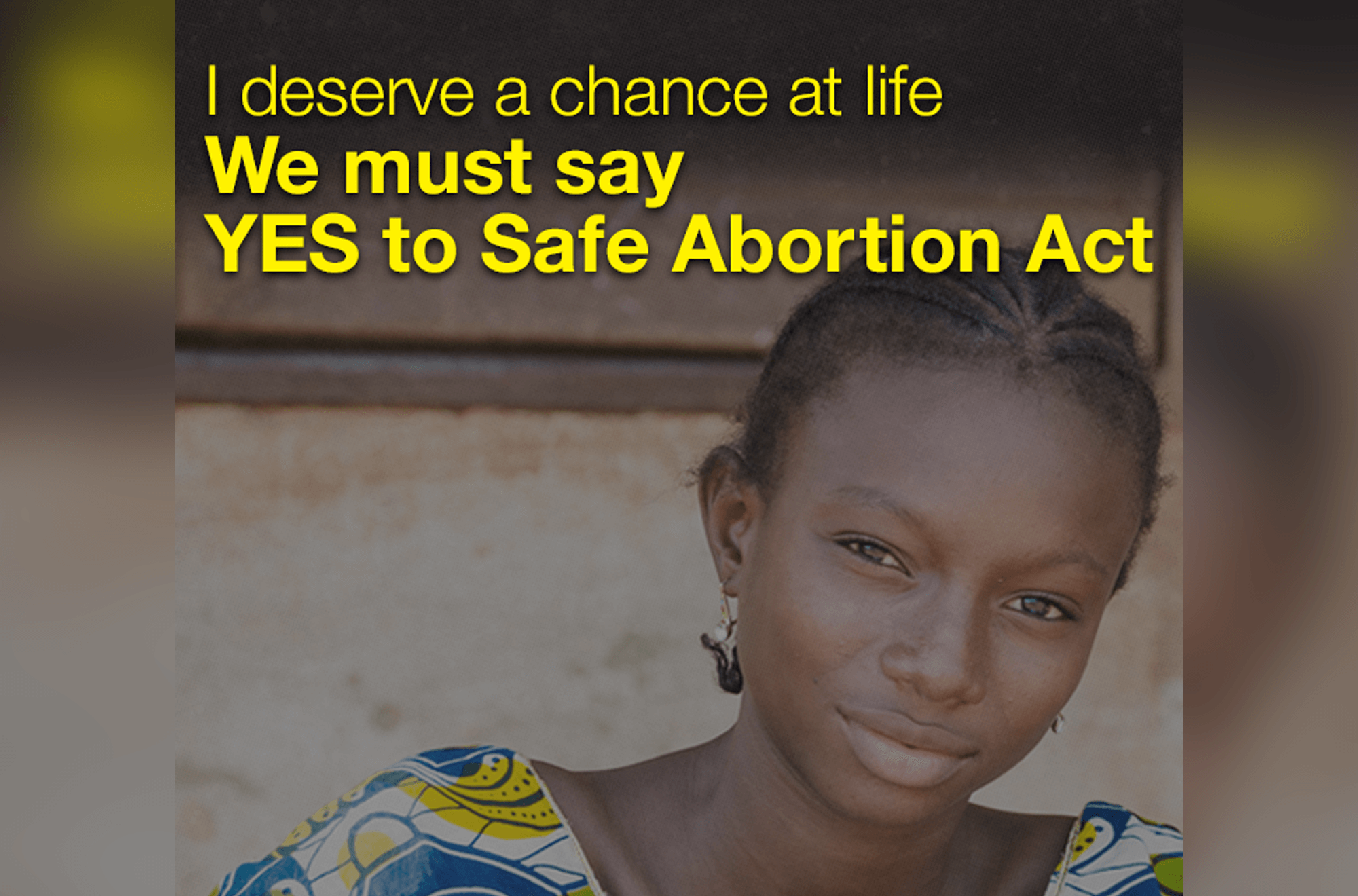
On 8 December 2015, the Sierra Leonean Parliament passed the Safe Abortion Act by an overwhelming majority, granting women who face unwanted pregnancies access to safe abortion.
Sierra Leone has one of the highest maternal death ratios in the world. In Sierra Leone, complications from unsafe abortion account for one in five admissions for obstetric complications in the health system and as many as one in three maternal deaths.
Sierra Leone’s President Ernest Bai Koroma was to have given the final assent to the bill as soon as it was printed. Instead, he delayed signing after approaches by members of the Inter-Religious Council of Sierra Leone, who opposed it. Instead of signing, he sent the Act back to Parliament to decide its future.
Today, 1 February, the Parliament will be taking input from medical and legal professionals who bring an evidence-based perspective to the need for the law.
In the interim, the issue has become a matter of widespread public discussion in the country. Public support for the new law has been growing ‒ inside Sierra Leone, across Africa and internationally. In the past few weeks, a large coalition of Sierra Leone-based civil society organisations representing women’s health and rights interests have demonstrated strong support for the bill, including mobilising efforts to inform the public about the contents of the bill and gathering evidence of support from the global community.
We particularly call attention to the 28 January statement of support from experts from the United Nations and the African Commission on Human and Peoples’ Rights Commission (ACHPR),(1) urging the President to sign the Safe Abortion Act into law; the statement made by ACHPR Commissioner Lucy Asuagbor, Special Rapporteur on the Rights of Women, during the launch of ACHPR’s Campaign for the Decriminalization of Abortion in Africa; and the ACHPR press release announcing the Campaign on 18 January 2016.
This week, two letters will be sent, one to the Members of Parliament from the African Women’s Development and Communication Network (FEMNET), signed entirely by African NGOs, and one to the President from NGOs and individuals in 55 countries in all world regions, including 10 countries in Africa, calling on them to ensure the Act becomes law without further delay.
These letters say:
“We commend the Parliament for the landmark bill that allows us to envision the elimination of unsafe abortion in Sierra Leone.”
“We in Africa should be ashamed that our women continue to die of unsafe abortion when safe abortion is such a clear and attainable solution… We urge you to sign the bill into law and begin saving lives now.”
In 2011, studies by the Sierra Leone Ministry of Health found that the lack of access to safe abortions contributes to thousands of maternal deaths and injuries, infertility, poverty and the break up of families. The studies estimated that the government has been spending as much as US $230,000 (Le989,000,000) annually to treat women for complications from unsafe abortions.
In a letter sent on 1 February to the President and the Parliament of Sierra Leone, the International Campaign for Women’s Right to Safe Abortion said:
“This law will serve as a model for other countries in the region who, like Sierra Leone, are on the cusp of reforming their laws, who will follow in your footsteps. Hence, what you do will not only decide the future for many girls and women in your own country, but also in all the countries of Africa.
It is understandable that there are concerns among some of your religious leaders. A law like this shines a public light on an issue that has long been kept hidden, and raises many questions for those who have not had to confront the facts before. But now that the extent of the problem is clear, we hope you will convince them that preventing the deaths of so many adolescent girls and young women, who are not ready to have families, or who have been subjected to sexual violence, or mothers who cannot cope with another child, is the only moral stance and must be supported.”
“All the evidence points in one direction only ‒ there is a direct link between safe abortion and women’s health and well-being.”
1 The UN experts: Eleonora Zielinska, Chair-Rapporteur, Working Group on the issue of discrimination against women in law and in practice; Dainius Pûras, Special Rapporteur on the right of everyone to the enjoyment of the highest attainable standard of physical and mental health; Juan E. Méndez, Special Rapporteur on torture and other cruel, inhuman or degrading treatment or punishment; and Dubravka Šimonović, Special Rapporteur on violence against women, its causes and consequences; the ACHPR expert: Lucy Asuagbor, Special Rapporteur on the rights of women. http://www.ohchr.org/EN/NewsEvents/Pages/DisplayNews.aspx?NewsID=16994&LangID=E
For further information, contact:
Marge Berer
International Coordinator, London, UK. E-mail: info@safeabortionwomensright.org
c/o Promsex, Lima, Perú
E-mail: info@safeabortionwomensright.org Web: www.safeabortionwomensright.org
FB: safeabortionwomensright I TW: @safe_abortion



